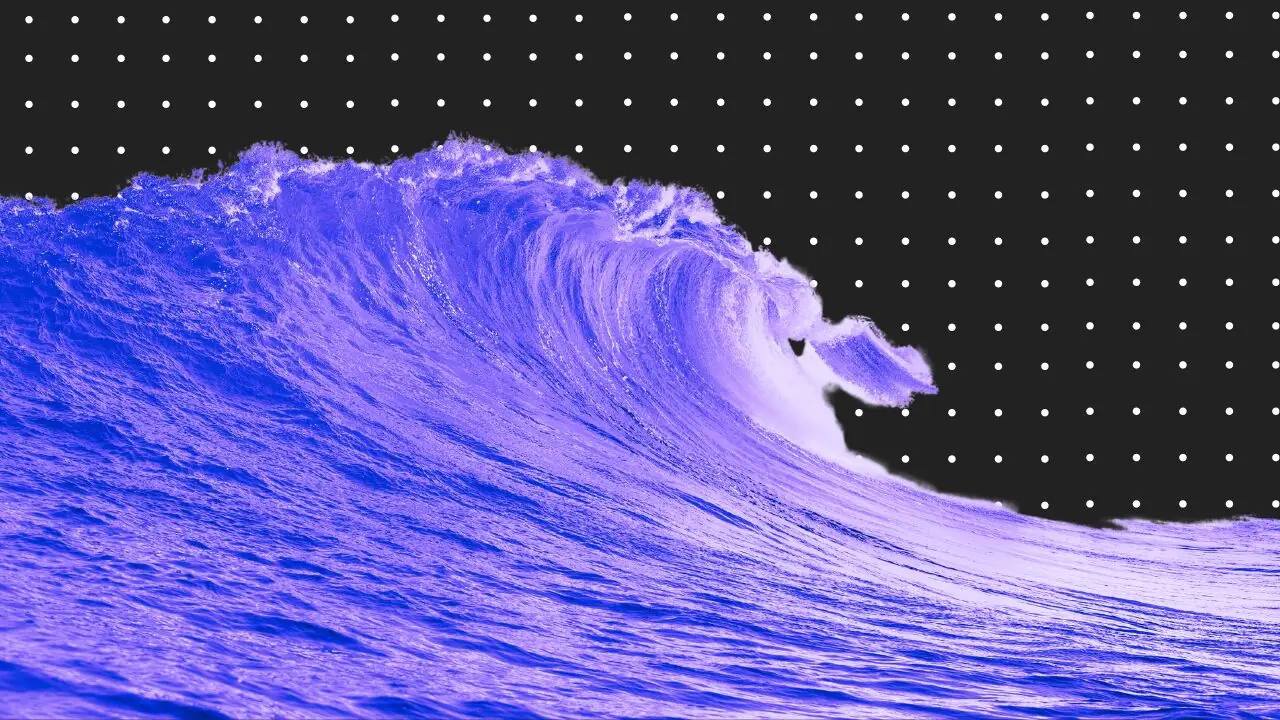When is the best time to drink coffee?
I used to be just like everyone else.
I woke up, hit the snooze a couple of times, and then bee-lined it straight for my already brewing pot of coffee. Obviously, I’d set it the night before, because how could I stand to wait 10-minutes in the morning without that dark and velvety luxury hitting my lips?
As it turns out, I was doing it all wrong, and my energy levels at work were suffering.
Drinking coffee as soon as you wake up is far from ideal. There’s a much better time to drink your cup-of-joe (or tea, for that matter), and it’s a change I promise you can get used to. If I did, anyone can. Let’s get into what to do, and more importantly, why.
If you’re looking for the TL;DR version of this article, here it is:

Here’s why.
Cortisol levels peak for about an hour after you wake up.
What is cortisol, you ask?

Cortisol is a steroid hormone, made in the cortex of the adrenal glands and then released into the blood which transports it all around the body. Almost every cell contains receptors for cortisol, so it can have a lot of different actions depending on which sort of cells it’s acting upon. These effects include controlling the body’s blood sugar levels and thus regulating metabolism, acting as an anti-inflammatory, influencing memory formation, controlling salt and water balance, and influencing blood pressure.
Blood levels of cortisol vary dramatically, but generally are high in the morning when we wake up, and then fall throughout the day. This is called a diurnal rhythm. In people that work at night, this pattern is reversed, so the timing of cortisol release is clearly linked to daily activity patterns. In addition, in response to stress, extra cortisol is released to help the body to respond appropriately.
Consuming caffeine when cortisol levels are high creates two major problems.
- Caffeine interferes with the body’s production of cortisol, and thus the body ends up producing less cortisol, and relying more on caffeine to compensate.
- It increases a person’s tolerance to caffeine because it replaces the natural cortisol-induced boost instead of adding to it.
Habitual morning caffeine drinkers will know this second problem all too well. If you’re feeling groggy at work and the caffeine just isn’t doing it for you anymore, now you know why.
If you’re looking to be more focused at work and break-free of these problems, all you have to do is wait at least an hour after you wake up to consume that sweet java. This way you’ll get a nice caffeine boost, and won’t be messing with your body’s natural cortisol production.
Read more from the Cave Archives:
Double Your Reading Speed in 5 Minutes
5 Powerful Expressions for Entrepreneurs to Live By
How to Become a Morning Person
3 Essential Tools to Help You Stay Focused
Why I Left My 9-5 For A Startup Making No Money
Subscribe to our YouTube channel to stay on top of marketing trends. We publish weekly videos designed to help you grow your business.



